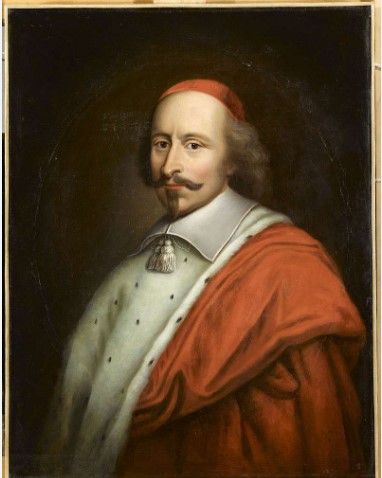Italian Prime Minister Giorgia Meloni wants to crack down on the rampant use of English words and phrases in her language.
Under new legislation introduced by her party, Brothers of Italy, Italians who use foreign words in official communications could be slapped with fines of up to €100,000 ($108,705).
Fabio Rampelli, a member of the lower chamber of deputies, introduced the legislation, which is supported by the prime minister.
It is a little-known historical fact that the official custodian of the French tongue, the Académie Française, was partly created, back in 1635, to counter what they saw as the pernicious Italian influences that followed and flourished in the wake of the Medici queens and subsequent Italian ministers such as Giulio Mazzarino, born in Pescina, Italy —aka, Jules Mazarin, a statesman who united religious to political power. As Italian infiltrated their language, the French became more concerned about maintaining linguistic purity.

In the late 1950’s and early 1960’s, France once again became obsessed with defending the national language and President Charles De Gaulle fought a dogged fight against what was coined as “franglais” in the midst of the new threat of the Cold War.
Today we are seeing a new version of these linguistic territorial battles, as globalization has destroyed the guardrails of language, cuisine and national traditions in general.
This is not only—or even principally—about language. There is also a political edge to this neo-linguistic conservatism, because English has virtually become the globally hegemonic language and that is due to its political and economic power. The “coolness” factor is a consequence of that power. For nationalists such as Meloni, succumbing to the use of English is to kowtow to American supremacy, political, cultural and otherwise.
While the proposed legislation encompasses all foreign languages, it is particularly geared at “Anglomania” or the use of English words, which the draft states “demeans and mortifies” the Italian language, adding that it is even worse because the UK is no longer part of the EU.

While the “abuses” that occur regularly in private conversation clearly cannot be legislated or curbed, this bill proposes to address the public use of the Italian language and prevent the infiltration of foreign expressions into official documents.
The bill, which has yet to go up for parliamentary debate, requires anyone who holds an office in public administration to have “written and oral knowledge and mastery of the Italian language.” It also prohibits use of English in official documentation, including “acronyms and names” of job roles in companies operating in the country.
Foreign entities would have to have Italian language editions of all internal regulations and employment contracts, according to a draft of the legislation seen by CNN.
“It is not just a matter of fashion, as fashions pass, but Anglomania has repercussions for society as a whole,” the draft bill states.
The first article of the legislation guarantees that even in offices that deal with non-Italian-speaking foreigners, Italian must be the primary language used.
Article 2 would make Italian “mandatory for the promotion and use of public goods and services in the national territory.” Not doing so could garner fines between €5,000 ($5,435) and €100,000 ($108,705).
Under the proposed law, the Culture Ministry would establish a committee whose remit would include “correct use of the Italian language and its pronunciation” in schools, media, commerce and advertising.
The move to safeguard the Italian language joins an existing bid by the government to protect the country’s cuisine.
It has introduced legislation to ban so-called synthetic or cell-based cuisine due to the lack of scientific studies on the effects of synthetic food, as well as “to safeguard our nation’s heritage and our agriculture based on the Mediterranean diet,” Meloni’s Health Minister Orazio Schillaci said in a press conference.
Last week, Italy’s ministers of Culture and Agriculture officially entered Italian cuisine into candidacy for UNESCO World Heritage Site status, which will be decided in December 2025.
General De Gaulle failed miserably in his attempt to turn back the clock and stop the incursion of “franglais” at a time when his country’s political clout was fading. Linguistic power emanates, and is inseparable from, political power.












